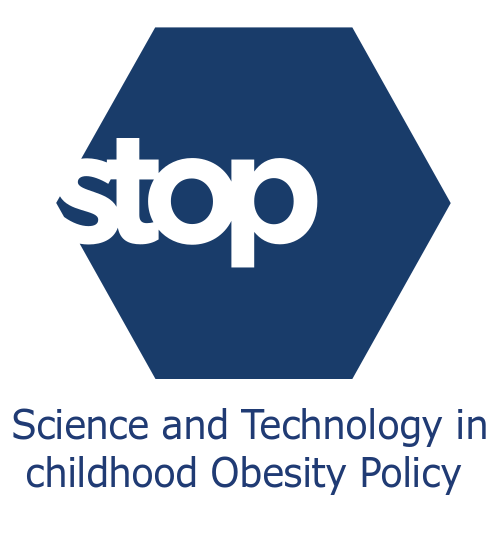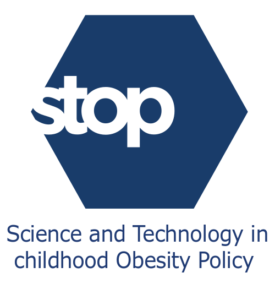The lives of families across Europe have been affected substantially by the COVID-19 pandemic. To understand how the pandemic and country-specific responses to it have influenced families of children with obesity, we interviewed parents from the More and Less Study Europe (STOP Work package 8) between April and May 2020
The three-site randomized controlled trial of an early childhood overweight and obesity intervention was suspended due to disruption caused by the pandemic in standard outpatient health care services. In total, we interviewed 71 parents of preschool-aged children from Spain, Romania, and Sweden about changes in their families’ lifestyle habits, as well as about pandemic-related disruptions in routines and treatment. In the interviews, we also explored how families’ previous and ongoing engagement with healthcare professionals influenced how they managed pandemic-related changes in their everyday lives.
The preliminary results show that the COVID-19 pandemic has had a profound influence on families’ lifestyle habits, both in the short-term (due to the sudden disruption in daily activities) and in the long-term (due to economic uncertainties, such as increased risk for unemployment). Preliminary analysis also indicates that these effects seem to be more pronounced in families of lower socioeconomic background, and in families with lower levels of previous healthcare engagement. When fully analyzed, this study’s results will allow us to identify the potentially long-lasting impacts of the COVID-19 pandemic on families’ eating habits, physical activity patterns, and stress levels, all of which are associated with an increased risk for childhood obesity. Therefore, the results will guide the future adaptation of treatment options for childhood overweight and obesity, ultimately improving children’s life-course trajectories and reducing chronic disease risks.

